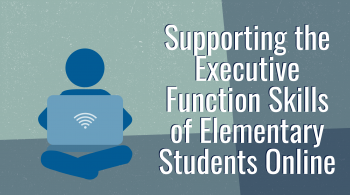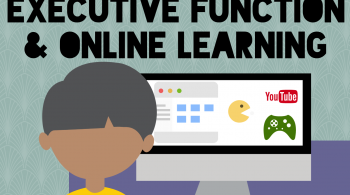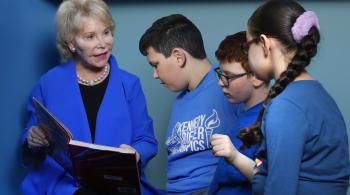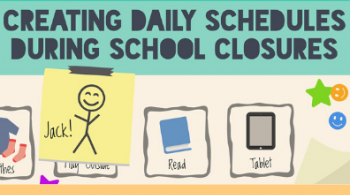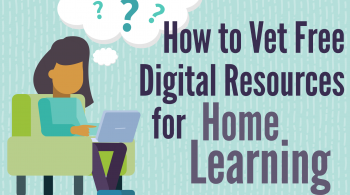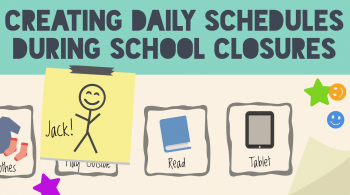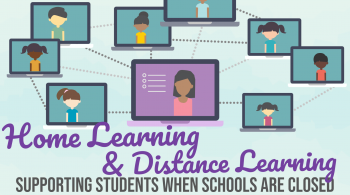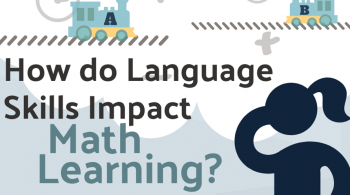By Mindy Johnson
June 18, 2019
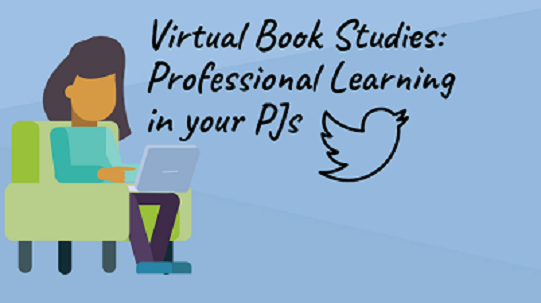
Summer is a fantastic time for educators to not only recuperate from all the amazing work we’ve done for our learners during the traditional school year, but to look ahead to the fall and rejuvenate our practice. Conferences and in-person professional learning events are great ways to find inspiration with a network of colleagues, but not everyone has the time or the budget to attend those events when they happen. That’s where book studies come in.
Book studies are nearly free (other than the cost of the book… and you can always hit up your local library to mitigate that cost), collaborative learning opportunities that are perfect for summer learning. You can listen to a book while you’re on your summer road trip, pack your read in your beach bag, or download the book onto your phone or tablet and read while you sip the latest caffeine creation at the coffee shop or in the park. Meet weekly with a network of friends and colleagues to discuss the main ideas in the chapter assignments for the week and make plans to implement the inspiration and practices you find in the book and from the discussions. But what if that network of colleagues is far away or unavailable to meet in person?
As we know, social media is a great professional learning tool for educators, and virtual book studies are an easy way to dip your toes into that firehose. Some virtual book studies utilize web conferencing to discuss chapters or topics, others use Facebook groups to develop a community around particular topics or books, while others use Twitter as the main venue for discussion and sharing, and many use a combination of social media tools and technologies. Social media also has the advantage of including many authors and experts who often love to interact with book study groups as they find new insights and questions as they discuss their reading. Whichever tool you choose, make sure the book study is facilitated by people who will keep the conversations focused and organized and who have a plan for follow-through.
“Slow chats” on Twitter are my personal favorite way to participate in virtual book studies. If you’ve ever participated in a typical Twitter chat (such as #EdChat, #ATchat, or #UDLchat), you know that they can sometimes be overwhelming and one can get lost in the cacophony of the conversations as they fly by. A slow chat, on the other hand, has a much slower pace, and questions or tasks are either posted daily or weekly to give you the chance to answer, discuss, and share at your leisure rather than within an allotted hour or half hour. ISTE’s Inclusive Learning Network has a yearly slow chat book study on Dive Into UDL by Kendra Grant & Luis Pérez. They use a unique hashtag for each book study, and assignments are posted on a Google site to help organize the conversations. This year’s hashtag was #ILNBookStudy19, and you can check out the posts and discussions there.
Would you like to try out a virtual book study this summer? There are two I’d recommend checking out, and both books are mentioned in Brainy Reads: A Curated List of Neuroscience Books for Teachers. The first is the UDL Summer Book Club (#UDLBC) who will be reading Engage the Brain by Allison Posey. The other is the #UDLchat Summer Hiatus Book Study who will be reading How Emotions Are Made by Lisa Feldman Barrett, hosted by myself and Lisa Carey. I noticed that #ATchat is also hosting a summer book study, so you have lots of choices to get started on your virtual learning adventure this summer.
Have questions about virtual book studies? You can comment here or find me on Twitter at @min_d_j. See you online!
Mindy Johnson is the Director of Digital Communications & Outreach for CAST, a nonprofit organization that believes learning should have no limits. Universal Design for Learning is CAST’s core lever for change to help make learning inclusive and transformative for everyone.







